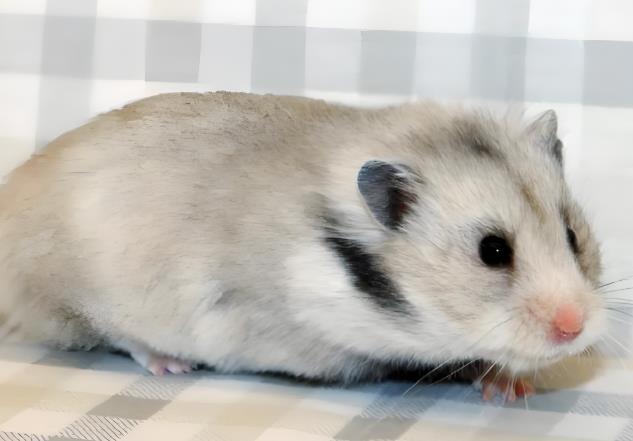Here are common hamster species and their characteristics for your reference:

I. Mainstream Pet Hamster Breeds
Campbell's Dwarf Hamster (First-line Hamster/Maple Hamster)
Tends to be somewhat aggressive initially but becomes docile after taming; larger in size with longer fur.
Common coat colors: wild color, piebald, snowball, amber, etc.
Can live in groups, but the success rate of cohabitation is only about 30%.
Winter White Dwarf Hamster (Third-line Hamster)
Gentle in temperament with low activity levels; smaller in size.
Coat colors include wild color, silver fox, (pudding, a creamy golden shade), etc.
Solitary housing is recommended, as the cohabitation success rate is merely 3%.
Roborovski Dwarf Hamster (Grandparent/Parent Hamster)
Nervous and easily startled; the smallest in size with fur that tends to get oily.
Most have light yellow fur; cohabitation success rate is as high as 70%.
Syrian Hamster (Golden Hamster)
The largest in size, with a friendly and docile personality.
Comes in short-haired, long-haired, and curly-haired varieties, with rich coat patterns such as pure silver, tiger stripe, etc.
II. Notes on Special Breeds
Diabetes risk: Campbell's Dwarf Hamsters (a subspecies of first-line hamsters) are prone to diabetes and need controlled intake of fruits and starchy foods.
Biting probability: Untamed first-line hamsters are more aggressive; beginners are advised to choose third-line hamsters or golden hamsters.
Fur care: Long-haired golden hamsters require regular brushing, while Roborovski hamsters need sand baths to clean their oily fur.
III. Breeding Recommendations
Solitary breeds: Third-line hamsters and golden hamsters should be kept in separate cages.
Group living attempts: Roborovski hamsters can be tried in groups but require close observation.
Disease prevention: All breeds need regular cage cleaning to prevent respiratory and skin diseases.
It should be noted that the pet market in China is dominated by Winter White Dwarf Hamsters and Syrian Hamsters, and wild species are not recommended as pets.
